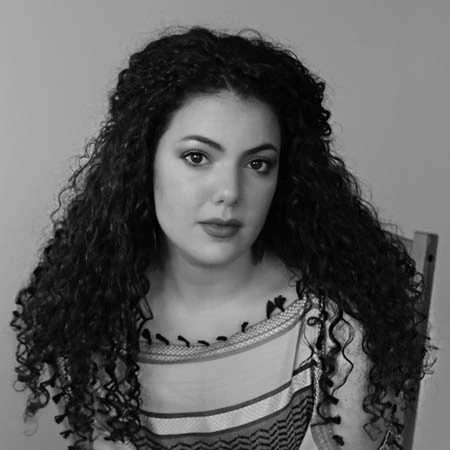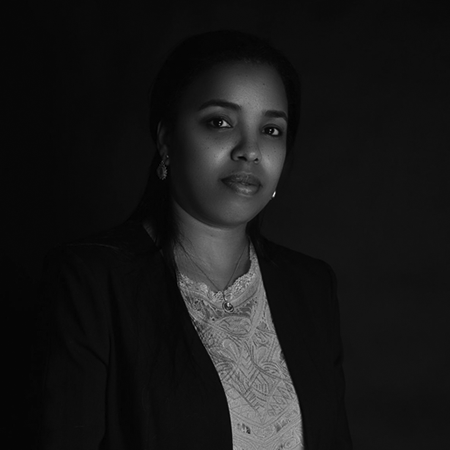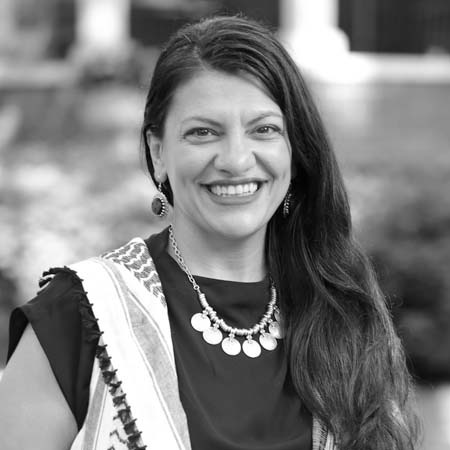For you, Sherine, the coverage continues: a talk with Shatha Hanaysha
For you, Sherine, the coverage continues: a talk with Shatha Hanaysha

Nisreen Awwad |
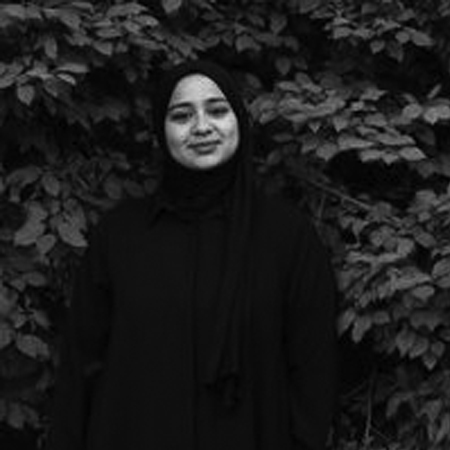
Shatha Hanaysha |
Break / Networking Session
The geopolitical changes across the region in the last decade have played a role in exposing new problems, contributing to the decline of the Palestinian cause and Palestinian rights. However, the chain of events that took place during last May in the context of repeated violations against Palestinians in East Jerusalem, particularly in the Sheikh Jarrah neighbourhood, have contributed to the repositioning of the Palestinian cause internationally. These violations were accompanied by a significant increase in Palestinian digital activities and the emergence of activists who influenced world public opinion. In fact, a number of factors helped them achieve this, such as the support of Arab and international activists, in addition to the international media coverage that responded to the pressure from Palestinian institutions around the world to transform the Palestinian narrative. Still, Palestinians faced many challenges such as the censorship of social media companies over their content, in response to the pressure exerted by the Israeli authorities on them. Therefore, in this session we will talk about the role of Palestinian activists in shifting world public opinion and in repositioning the Palestinian cause. We will also deal with the role of Arab activists and international media in May events and how we can benefit from them.
Session: How did digital activism and solidarity contribute to the repositioning of the Palestinian cause?
The geopolitical changes across the region in the last decade have played a role in exposing new problems, contributing to the decline of the Palestinian cause and Palestinian rights. However, the chain of events that took place during last May in the context of repeated violations against Palestinians in East Jerusalem, particularly in the Sheikh Jarrah neighbourhood, have contributed to the repositioning of the Palestinian cause internationally. These violations were accompanied by a significant increase in Palestinian digital activities and the emergence of activists who influenced world public opinion. In fact, a number of factors helped them achieve this, such as the support of Arab and international activists, in addition to the international media coverage that responded to the pressure from Palestinian institutions around the world to transform the Palestinian narrative. Still, Palestinians faced many challenges such as the censorship of social media companies over their content, in response to the pressure exerted by the Israeli authorities on them. Therefore, in this session we will talk about the role of Palestinian activists in shifting world public opinion and in repositioning the Palestinian cause. We will also deal with the role of Arab activists and international media in May events and how we can benefit from them.

Neveen Abu Rahmoun |
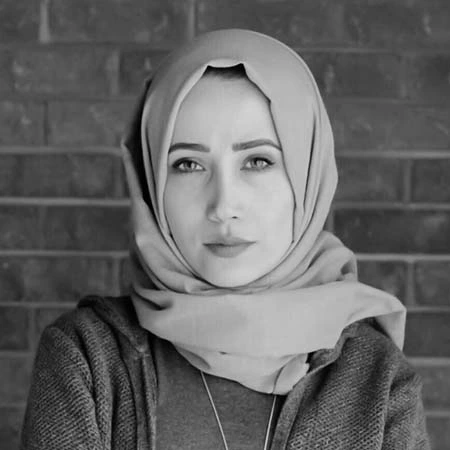
Muna Hawwa |
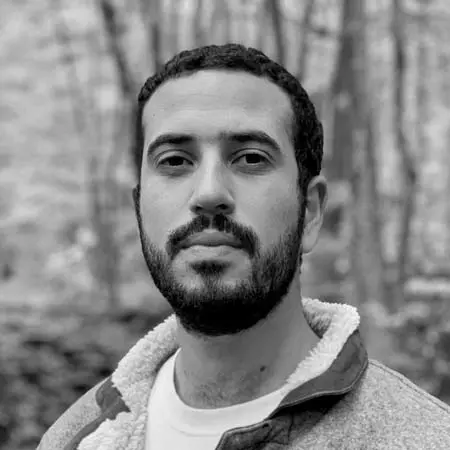
Rabea Eghbariah |

Salem Barahmeh |
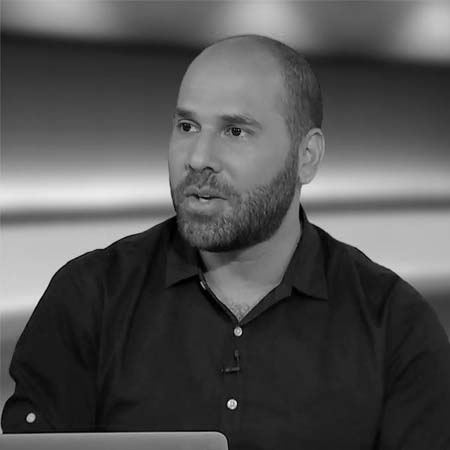
Omar Baddar |
Session: How can the dissemination of misleading information on social media affect international solidarity with human rights issues?
In general, the increased use of social media has contributed to the dissemination of misleading information; does the misleading information on social media affect international solidarity with human rights issues? This session will deal with the dangers of disseminating misleading information in times of crises and human rights violations, and its impact on activists and human rights defenders. We will also deal with the role of journalists and media institutions in combating the misleading information—in addition to discussing the importance of the steps taken by social media companies to combat the spread of misleading news. Finally, we will present the recommendations of media institutions and civil society in this regard.
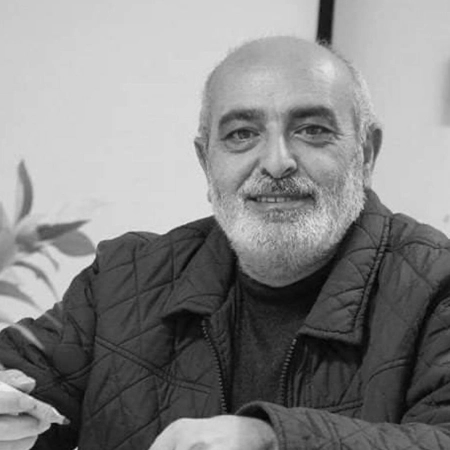
Emad Alasfar |
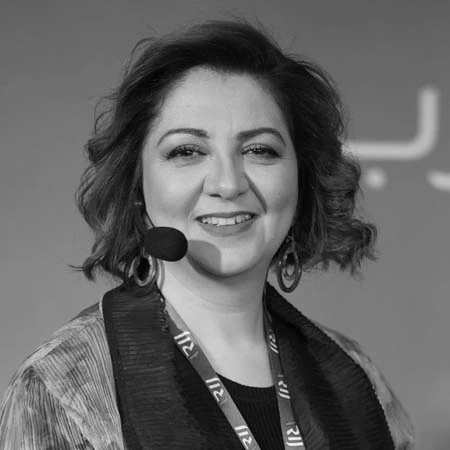
Rawan Damen |

Javier Pallero |
Workshop: Digital advocacy and digital presence of institutions
Despite the increased use of social media and digital tools, their unregulated and unsystematic use in advocacy campaigns may not leave any noticeable trace if the work is not organized around particular rules and tactics. Therefore, this workshop will present the most important strategies and digital tools that should be utilized to ensure that our voices and messages are delivered to achieve the goals of our institutions and movements.

Hannah Roditi |

Samer Daoudi |
Session: The right to privacy in the digital age
Privacy and data protection are controversial issues in the digital age. While there are laws and regulations for data protection in some countries, they are still weak and ineffective. This resulted in increased violations of digital rights, particularly the right to privacy, given the increasing interests of technology and telecommunication companies, internet service providers and governments to collect data for profit, monitoring citizens or militarizing digital spaces; Some authorities and regimes violate their citizens’ privacy by giving security agencies the right to access their data. Moreover, the private sector and technology companies exploit the weakness/absence of regulations to sell the data without the consent or the knowledge of users to manage profitable advertisements. Thus, this session highlights the subject of privacy and data protection by giving examples about the violations in Palestine, the Arab World and Europe as models to predict the future of the right to privacy. This session will answer many questions, such as: what mechanisms do European laws use to protect users’ data and privacy? And to what extent do they provide protection? And why do these laws represent a turning point in this regard? In the Arab context, what are the laws currently available to protect users, especially human rights activists? This session will also deal with the current situation in Palestine in light of the Israeli control of telecommunications infrastructure and the violations of Palestinians’ digital rights.

Hala Marshood |
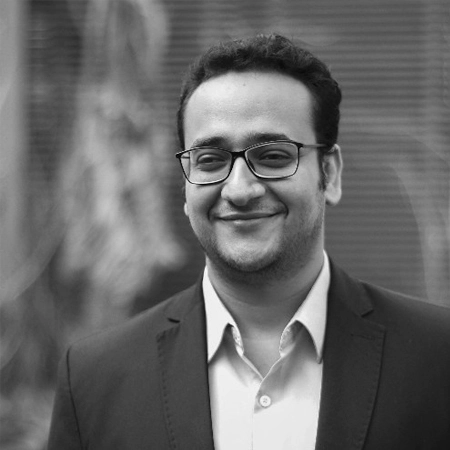
Hassan ElAzhary |
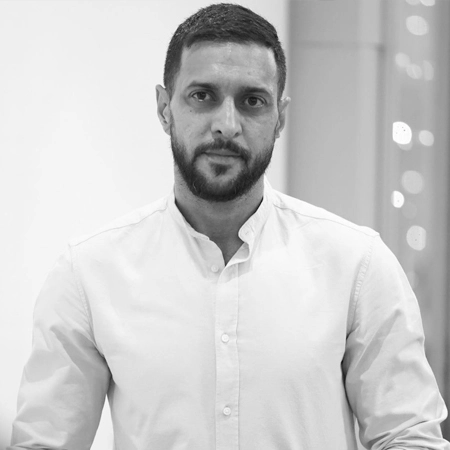
Mustafa Qablawi |

Raya Sharbain |
Workshop: Using Instagram for solidarity campaigns and human rights.
Activists and human rights defenders utilize most social media applications to serve human rights issues. Instagram may be one of the most important applications utilized by activists to address solidarity, digital activism and human rights. In this workshop, we will find out the tactics that activists can use on this application to make their campaigns more widespread and more effective.
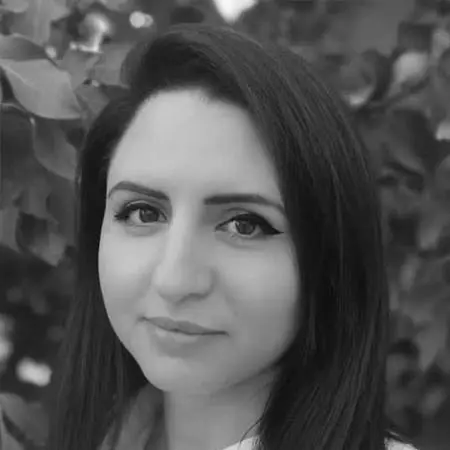
Cathrine Abuamsha |
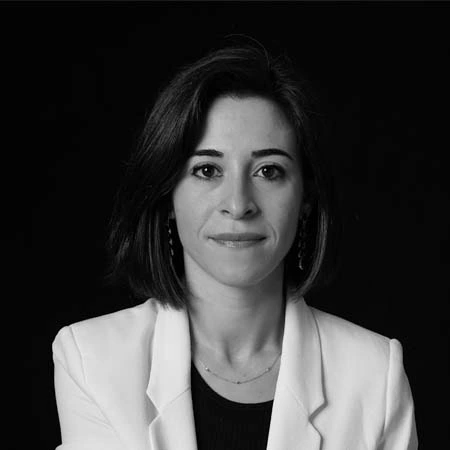
Nadia Diab-Caceres |
Inspirational Speaker: Marc Owen Jones
In this session, Mark will elaborate on his recently published book on digital authoritarianism in the Arab world. He will tackle the most important themes inthis book and how digital tools and platforms are used in some contexts to facilitate the oppression of peoples in the region.
Session: What are Facebook policies in Managing the Arab and Hebrew content on its platform?
In the wake of May events last year, the pressure on Facebook (Meta) has increased to stop its discriminatory policies against Palestinians and the advocates for Palestinian rights. Throughout the past few years, Facebook has committed several systematic violations to silence the Palestinian voices in response to the pressure exerted by the Israeli government and other political entities, while allowing the Israeli inflammatory content against Palestinians, which increases the Israeli violations against Palestinians on the ground. As a result, Facebook Oversight Board has recommended to conduct a comprehensive and independent examination of content management in Arabic and Hebrew. In this session, following Facebook’s approval of this recommendation, we will have a discussion with some representatives of Facebook to know more about this examination and the efforts to eliminate the digital discrimination against Palestinians.
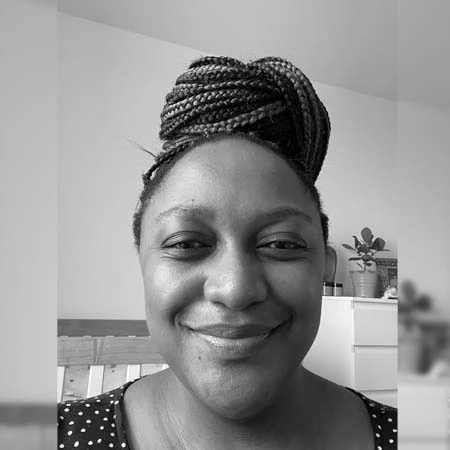
Mazuba Haanyama |

Nadim Nashif |

Richard Lappin |
Session: How does digital advocacy contribute to changing the policies of technology companies?
Social media users, notably those who belong to minorities and marginalised communities, are subject to digital discriminatory policies, which affects the results of the investigations into human rights violations that they publish via online media applications. Therefore, we will discuss in this session how the repressive policies of social media companies affect the content and narratives of people in Palestine, Colombia and Kashmir. We will also discuss how digital rights advocates in these countries view the impact of digital solidarity campaigns and international media coverage on the policies of technology companies. This session will highlight many factors that contribute to increasing the influence of coordinating the work of solidarity movements and digital rights institutions to change social media policies that discriminate against the colonized people.
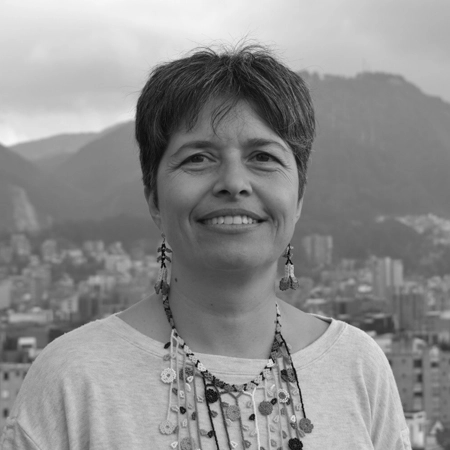
Carolina Cabrera |

Mona Shtaya |

Ifat Gazia |

Rima Sghaier |
Workshop: How to move from digital reaction to digital mobilization and organization for sustainable justice?
Activists usually mobilize and organize themselves continually in digital spaces, particularly in times of crises and human rights violations. In this workshop, we will talk about how to move from spontaneous digital reaction to a more organized and institutionalized work in digital spaces to reach more effective campaigns and achieve sustainable justice.

Angus Wong |

Line Khateeb |
Session: How Content Management on Social Media Platforms Impacts Solidarity in the Digital Age
Social media users are directly affected by technology companies’ content management. This session hosts a group of speakers to discuss how content management mistakes by technology companies affect digital solidarity, and the role of digital content and online movies in spreading the Palestinian narrative and combating the Israeli efforts to create a particular stereotype about Palestinians. Finally, they will discuss the role of activists in coordinating the efforts of exerting pressure on electronic platforms to prevent them from restricting content and spreading stereotypes about minorities and indigenous people.

Alaa Tartir |

Dia Kayyali |

Andrea Medrado |

Nadim Nashif |
Session: Mass surveillance technologies
In the last decade, the use of mass surveillance against citizens has increased, normally under the pretext of providing security and protection along with many other justifications made by capitalist companies and repressive regimes. Surveillance technologies take many forms such as facial recognition, flying cameras and thermal imaging. In Palestine, the context is a bit different because of the awareness of Palestinians of these technologies, which Israel uses to militarize digital space and control all aspects of life in Palestine. Israel even tests these techniques on Palestinians before selling them to other repressive regimes. In this session, we will focus on how to take advantage of surveillance techniques, and the intersectional struggle in the world to combat violations of privacy. We will also deal with the impact of international campaigns on the prevention of using mass surveillance technologies. Finally, we will shed light on how mass surveillance technologies affect people’s behavior (trust, social conduct, activity) and how they reinforce policies of racial discrimination against minorities.

Myaisha Hayes |
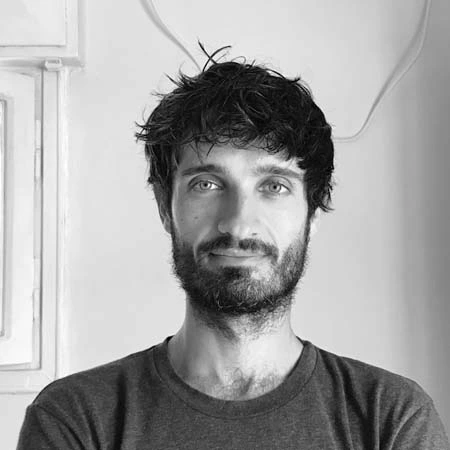
Jonathan Hempel |

Dani Noble |
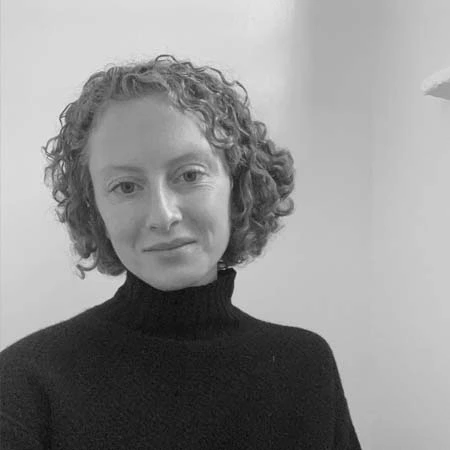
Sophia Goodfriend |
Q&A Session with the Director of the Oversight Board Administration
The Facebook Oversight Board recently took a set of decisions regarding Palestinian content, including examining a post that Facebook had removed from the platform. Following an investigation, the Facebook Oversight Board decided to reinstate this post. However, the Content Oversight Board recommended conducting a comprehensive and independent examination of content management policies in both Arabic and Hebrew. This session will delve into the working mechanisms of the Facebook Oversight Board and how the efforts of civil society at the local, regional and international levels can be integrated with the efforts of the Facebook Oversight Board to ensure that Metaverse complies with international human rights standards in this regard.

Thomas Hughes |

Mona Shtaya |

